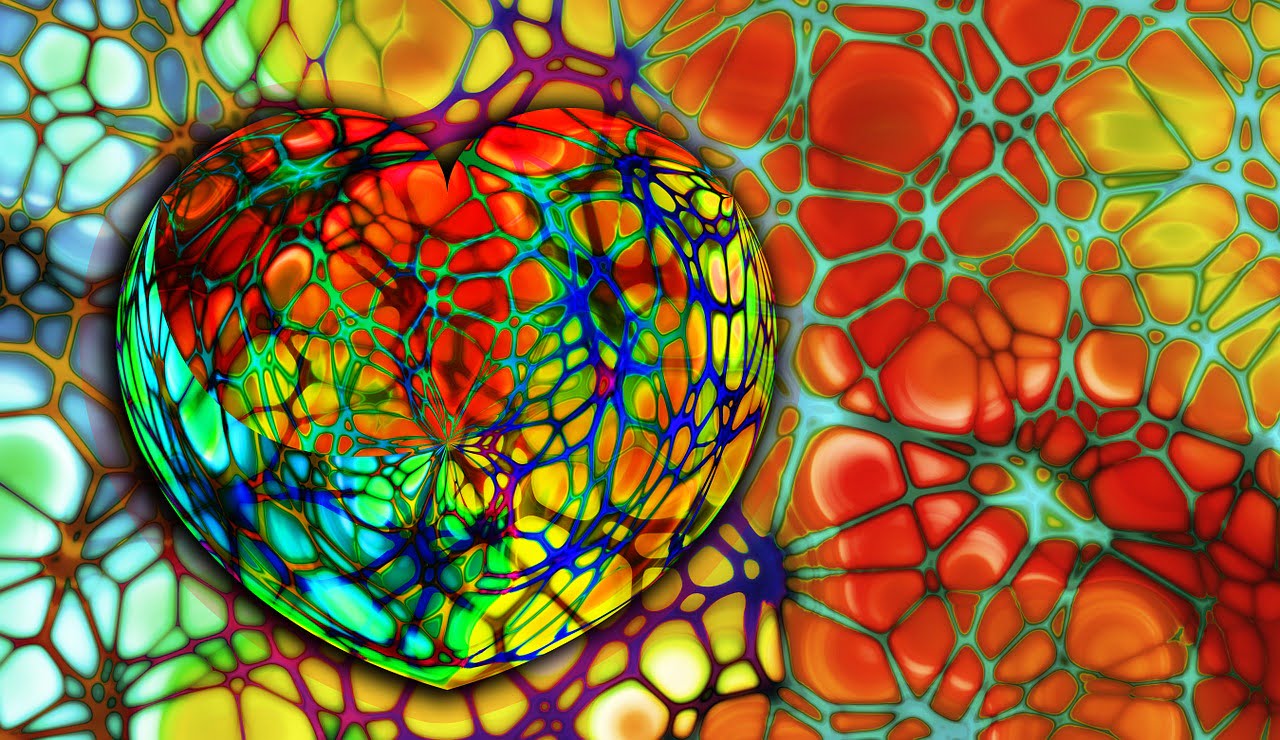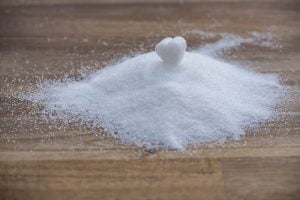
Prevent Heart Disease: Ways Less Often Discussed
February is a great time to focus on the heart.
Earlier in the month, we marked Valentine’s Day – a time to celebrate love, be kind to others and be kind to ourselves. We get to connect and reflect on feelings within the heart. However, it is also a great time to literally reflect on your physical heart and its wellbeing. In fact, February is officially Heart Health Month.
Did you know that heart disease is the leading cause of death in the United States?
It affects both men and women…and thankfully it can be prevented! There are the obvious ways to prevent heart disease: don’t smoke, eat an anti-inflammatory low grain diet, with plenty of fruits and vegetables and exercise. Is there more you can do? I’d like to explore some of the less talked about ways to prevent heart disease.
Start by looking at the word disease. Break that word down and it is dis-ease. In other words, NOT ease. So at least a part of heart disease is related to not being in a state of ease. Stress plays a huge role in heart disease, often causing an increase blood pressure, irregular heart rhythms and increased levels of adrenaline and cortisol. So start with managing your stress as the first step to prevent heart disease.
Stress Reducers
Meditation
Remember meditation is not a one-time activity. It takes practice. No one tries it once and achieves a state of clear-minded calmness. Try downloading a guided meditation app. Start with a short, 5-minute guided meditation and go from there. Daily practice can lower blood pressure, improve mood and reduce damaging stress hormones in the body.
Biofeedback
Another alternative to meditation is biofeedback. Biofeedback is the process of gaining greater awareness of physiological functions by using instruments that provide information on the activity of those same systems, with a goal of being able to manipulate them at will. I love the products from Heart Math Institute. They have a device called the EmWave which helps to raise your awareness of when you are in a stressful state. The technology then helps you to shift back into a more relaxed and content state. The company has similar technologies as a phone app that couple with an ear sensor.
Yoga
Yoga is a great way to relieve stress through centeredness, focus and calming breath work.
RELATED: Ten Wonderful Ways Yoga Improves Your Health
Slowing down
The reality is that the world is on fast forward these days. But just because things seem to happen at lightning speed these days does not mean that you have to keep up that pace. Plan some time to relax for a bit every single day, no matter how busy you are. Give yourself permission to say no when you want or sense that you need to say no.
Be true to your heart
People are simply less stressed and more resilient when they are living their life congruent with their own values. When our actions are in alignment with our authentic selves – our purpose and values – life just seems less stressful even when there are challenges. Keep this in mind.
Nutritional Considerations
In a study published in Journal of the American Medical Association Internal Medicine in January 2014, researchers found that the odds of dying from heart disease rose in tandem with the percentage of sugar in one’s diet. This was regardless of a person’s age, sex, physical activity level and body-mass index (a measure of weight).
My advice is to avoid the obvious worst offenders! We hear a lot about what we should eat, but do you realize the true damage occurring when you make poor choices? Know the worst offenders and steer clear of them.
Stay hydrated
It probably seems like I think hydration is the answer for every health issue. The truth is, it impacts a great deal of our health. Staying hydrated allows the heart to pump the blood through the vessels more easily, allows the heart muscles to work more efficiently and reduces the risk of heart attack and stroke.
Drink red wine
A single glass of red wine each day will give you a good dose of resveratrol, which lowers cholesterol, reduces risk of blood clots and prevents damage to blood vessels. One glass is enough to gain benefits – but keep it to one glass most days.
Supplements
Finally, we can’t talk about heart disease prevention without at least mentioning supplements. There are many great ones you can take for heart health, but I have narrowed it down to what I would consider the top three most important.
- CoQ10 – Take 200 mg daily if you are over 50 years of age or on a statin drug. Otherwise, take 100 mg. The heart is constantly working and never takes a break as long as you are living. This requires a lot of energy for the heart muscles. CoQ10 is critical for the mitochondria in the heart muscle cells to make energy so they can keep working. As you age, you are less able to make CoQ10. Statin drugs deplete your CoQ10.
- Omega 3’s – Omega 3’s turn down your inflammatory pathways. Since inflammation is tied to all chronic diseases of aging including plaquing of the arteries, high blood pressure and high cholesterol, Omega 3’s are just what the doctor ordered in lowering the risk of heart disease. Eat plenty of Omega 3-packed fish too! To learn if you are deficient in Omega 3, we can test you.
- Magnesium – This supplement lowers blood pressure, helps the heart to beat more regularly and improves sleep. It is a great distress-type of nutrient.
I hope this blog has helped you to zero in on a least a few strategies to prevent heart disease! Be kind to yourself and have a great February.
Dr. Sharman



Write a Comment